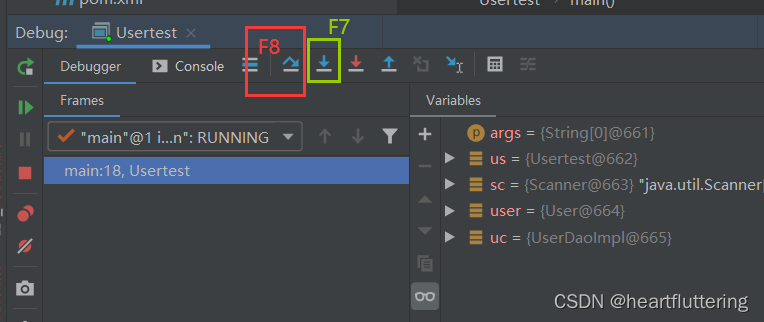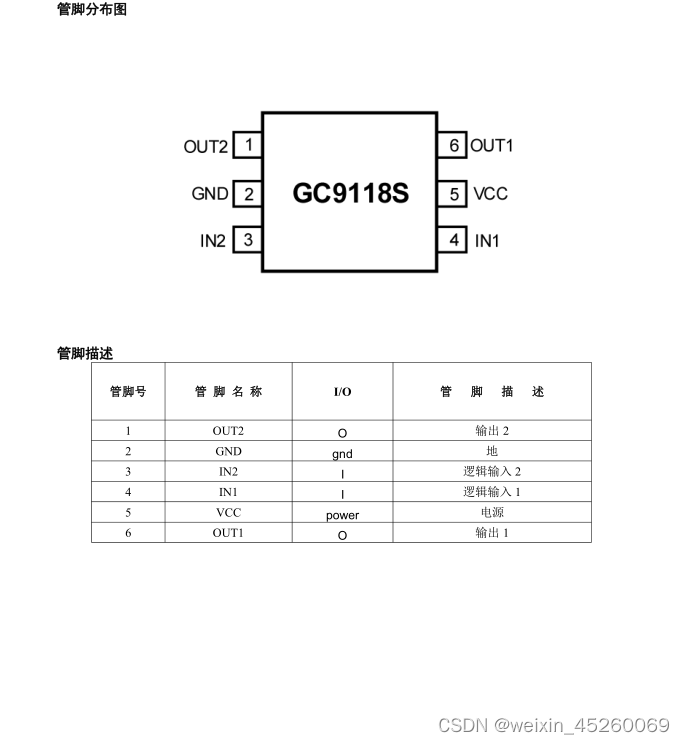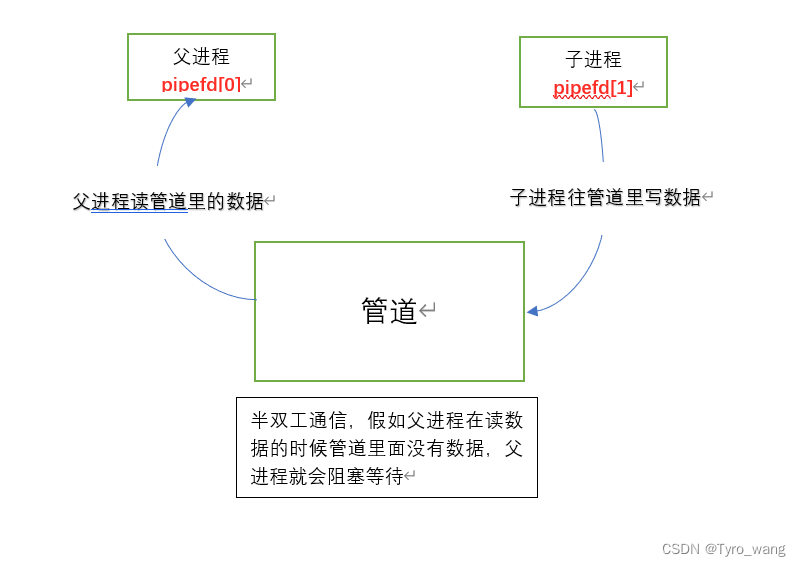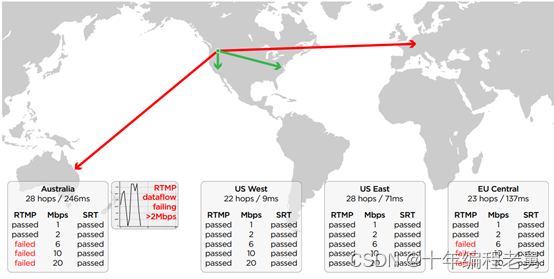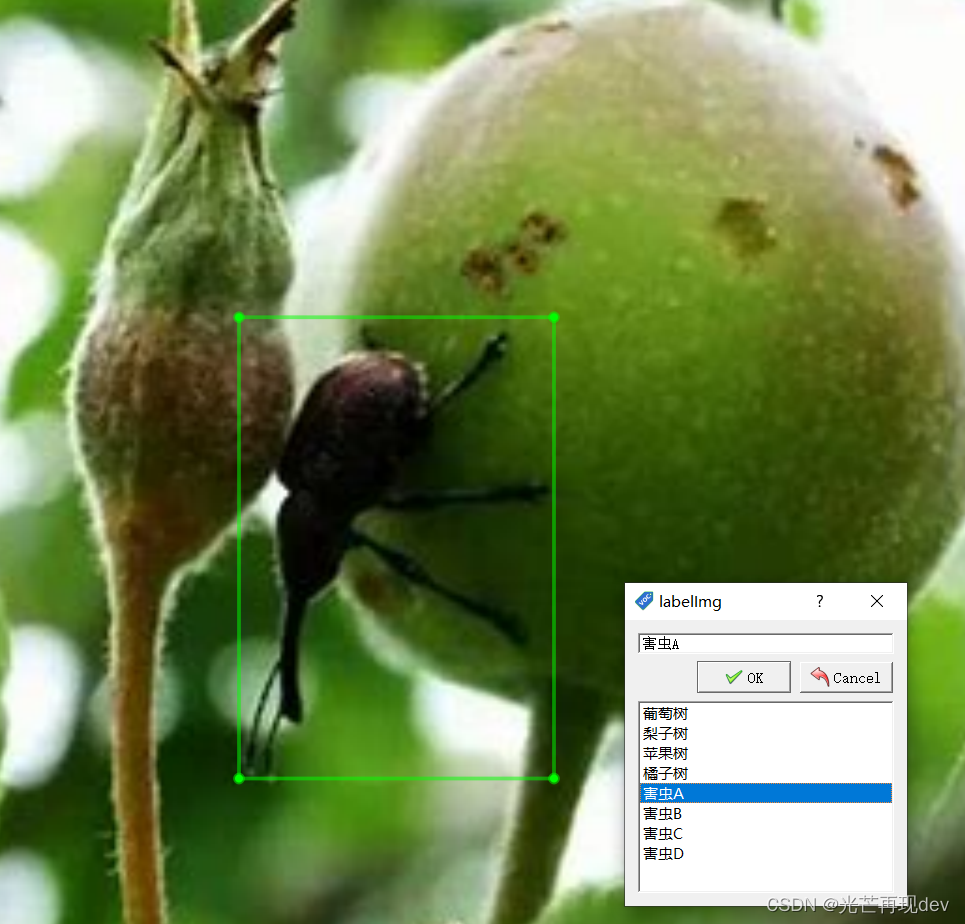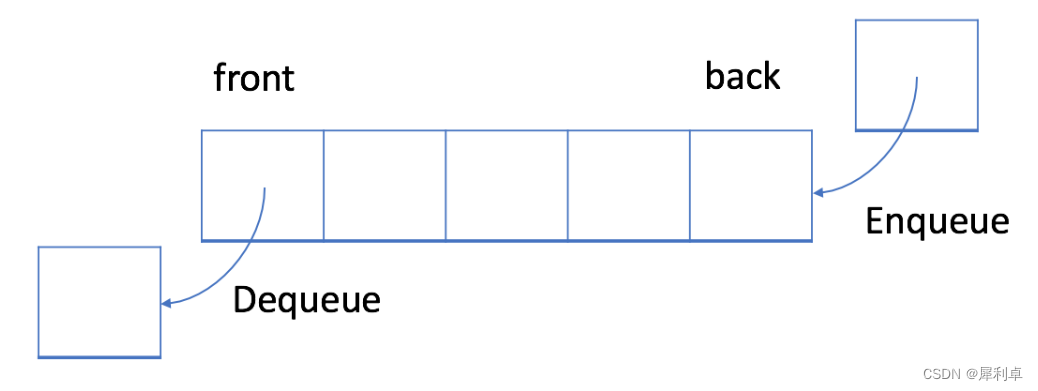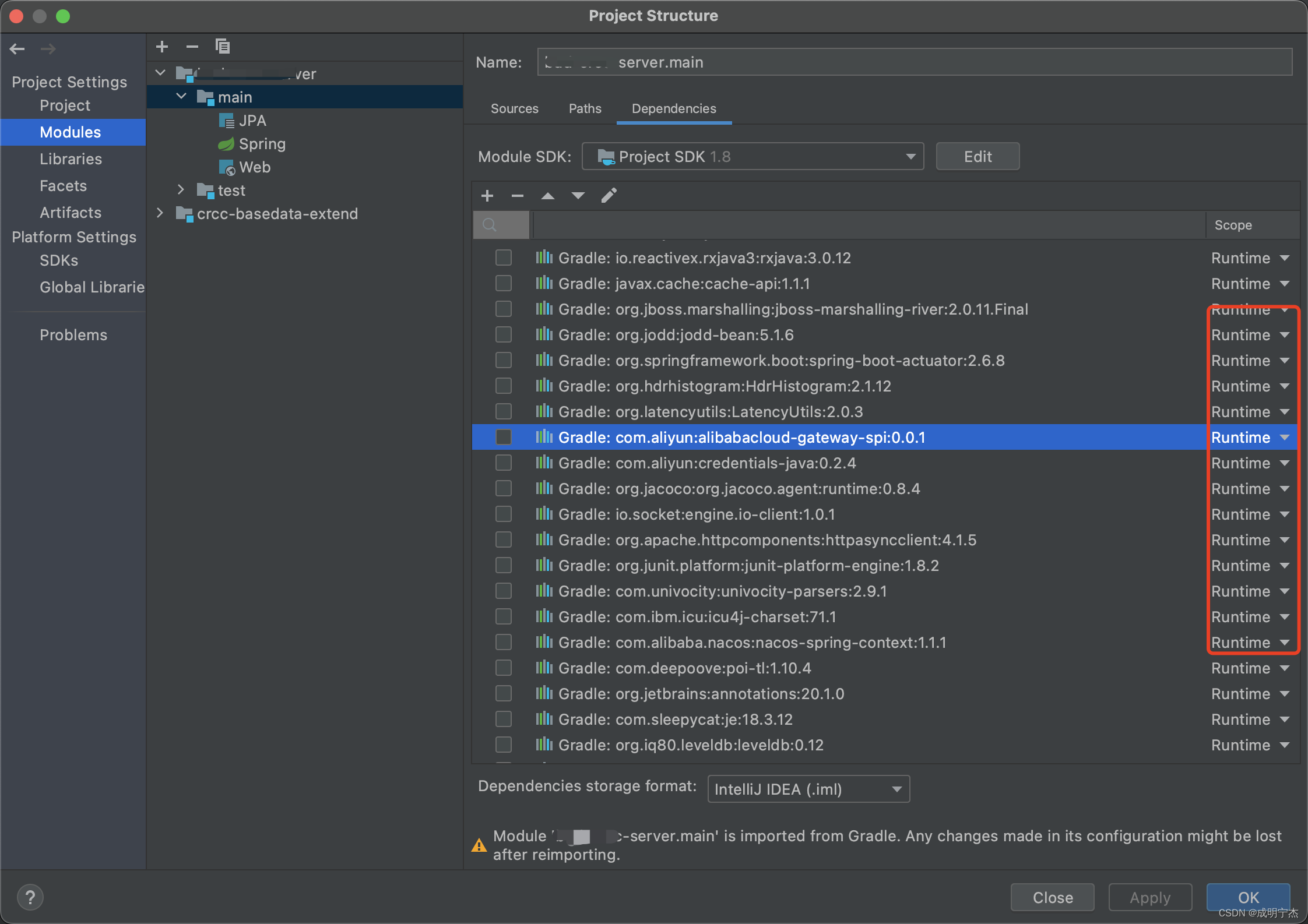目录
- 一、前置说明
- 1、总体目录
- 2、相关回顾
- 3、本节目标
- 二、操作步骤
- 1、项目目录
- 2、代码实现
- 3、测试代码
- 4、日志输出
- 三、后置说明
- 1、要点小结
- 2、下节准备
一、前置说明
1、总体目录
- 《 pyparamvalidate 参数校验器,从编码到发布全过程》
2、相关回顾
- 使用 RaiseExceptionMeta 元类隐式装饰 Validator 类中的所有校验方法
3、本节目标
- 了解使用
TypeVar创建泛型类型。 - 了解类型注解的使用。
- 了解返回
Self类型注解,支持编辑器如pycharm智能识别可链式调用的方法。
二、操作步骤
1、项目目录

atme:@me用于存放临时的代码片断或其它内容。pyparamvalidate: 新建一个与项目名称同名的package,为了方便发布至pypi。core: 用于存放核心代码。tests: 用于存放测试代码。utils: 用于存放一些工具类或方法。
2、代码实现
atme/demo/validator_v4/validator.py
import functools
import inspect
from typing import TypeVar
def _error_prompt(value, exception_msg=None, rule_des=None, field=None):
default = f'"{value}" is invalid.'
prompt = exception_msg or rule_des
prompt = f'{default} due to: {prompt}' if prompt else default
prompt = f'{field} error: {prompt}' if field else prompt
return prompt
def raise_exception(func):
@functools.wraps(func)
def wrapper(self, *args, **kwargs):
bound_args = inspect.signature(func).bind(self, *args, **kwargs).arguments
exception_msg = kwargs.get('exception_msg', None) or bound_args.get('exception_msg', None)
error_prompt = _error_prompt(self.value, exception_msg, self._rule_des, self._field)
result = func(self, *args, **kwargs)
if not result:
raise ValueError(error_prompt)
return self
return wrapper
class RaiseExceptionMeta(type):
def __new__(cls, name, bases, dct):
for key, value in dct.items():
if isinstance(value, staticmethod):
dct[key] = staticmethod(raise_exception(value.__func__))
if isinstance(value, classmethod):
dct[key] = classmethod(raise_exception(value.__func__))
if inspect.isfunction(value) and not key.startswith("__"):
dct[key] = raise_exception(value)
return super().__new__(cls, name, bases, dct)
'''
- TypeVar 是 Python 中用于声明类型变量的工具
- 声明一个类型变量,命名为 'Self', 意思为表示类的实例类型
- bound 参数指定泛型类型变量的上界,即限制 'Self' 必须是 'Validator' 类型或其子类型
'''
Self = TypeVar('Self', bound='Validator')
class Validator(metaclass=RaiseExceptionMeta):
def __init__(self, value, field=None, rule_des=None):
self.value = value
self._field = field
self._rule_des = rule_des
def is_string(self, exception_msg=None) -> Self:
"""
将返回类型注解定义为 Self, 支持编辑器如 pycharm 智能提示链式调用方法,如:Validator(input).is_string().is_not_empty()
- 从 Python 3.5 版本开始支持类型注解
- 在实际的编写中,你可以遵循注解来编写代码,在 Python 3.5 中引入了 PEP 484(Python Enhancement Proposal 484),其中包括了类型注解的概念,并引入了 typing 模块,用于支持类型提示和静态类型检查;
- 类型注解允许开发者在函数参数、返回值和变量上添加类型信息,但是在运行时,Python 解释器不会检查这些注解是否正确。
- 它们主要用于提供给静态类型检查器或类型检查,但解释器本身并不会强制执行这些注解;
- Python 运行时并不强制执行这些注解,Python 依然是一门动态类型的语言。
- 本方法中:
- 返回值类型为 bool 类型,用于与装饰器函数 raise_exception 配合使用,校验 self.value 是否通过;
- 为了支持编辑器如 pycharm 智能识别链式调用方法,将返回类型注解定义为 Self, 如:Validator(input).is_string().is_not_empty();
- Self, 即 'Validator', 由 Self = TypeVar('Self', bound='Validator') 定义;
- 如果返回类型不为 Self, 编辑器如 pycharm 在 Validator(input).is_string() 之后,不会智能提示 is_not_empty()
"""
return isinstance(self.value, str)
def is_not_empty(self, exception_msg=None) -> Self:
return bool(self.value)
3、测试代码
atme/demo/validator_v4/test_validator.py
import pytest
from atme.demo.validator_v4.validator import Validator
def test_validator_01():
"""
在 Validator 实例化时,不给 field、rule_des 传值; 在校验方法中,不给 exception_msg 传值
"""
validator = Validator('Jane')
assert validator.is_string().is_not_empty()
with pytest.raises(ValueError) as exc_info:
validator = Validator(123)
validator.is_string().is_not_empty()
assert 'invalid' in str(exc_info.value)
print(exc_info.value) # 输出: "123" is invalid.
def test_validator_02():
"""
在 Validator 实例化时,给 field、rule_des 传值
"""
validator = Validator('Jane', field='name', rule_des='name must be string from rule des.')
assert validator.is_string().is_not_empty()
with pytest.raises(ValueError) as exc_info:
validator = Validator(123, field='name', rule_des='name must be string from rule des.')
validator.is_string().is_not_empty()
assert 'name must be string from rule des.' in str(exc_info.value)
print(exc_info.value) # 输出: name error: "123" is invalid. due to: name must be string from rule des.
def test_validator_03():
"""
在 Validator 实例化时,给 field、rule_des 传值; 在校验方法中,给 exception_msg 传值
"""
validator = Validator('Jane', field='name', rule_des='name must be string from rule des.')
assert validator.is_string().is_not_empty()
with pytest.raises(ValueError) as exc_info:
validator = Validator(123, field='name', rule_des='name must be string from rule des.')
validator.is_string('name must be string from method exception msg.').is_not_empty()
assert 'name must be string from method exception msg.' in str(exc_info.value)
print(exc_info.value) # 输出: "123" is invalid due to "name error: name must be string from method exception msg."
def test_validator_04():
"""
field_name 为空
"""
validator = Validator('Jane', rule_des='name must be string from rule des.')
assert validator.is_string().is_not_empty()
with pytest.raises(ValueError) as exc_info:
validator = Validator(123, rule_des='name must be string from rule des.')
validator.is_string('name must be string from method exception msg.').is_not_empty()
assert 'name must be string from method exception msg.' in str(exc_info.value)
print(exc_info.value) # 输出: "123" is invalid due to "name must be string from method exception msg."
4、日志输出
执行 test 的日志如下,验证通过:
============================= test session starts =============================
collecting ... collected 4 items
test_validator.py::test_validator_01 PASSED [ 25%]"123" is invalid.
test_validator.py::test_validator_02 PASSED [ 50%]name error: "123" is invalid. due to: name must be string from rule des.
test_validator.py::test_validator_03 PASSED [ 75%]name error: "123" is invalid. due to: name must be string from method exception msg.
test_validator.py::test_validator_04 PASSED [100%]"123" is invalid. due to: name must be string from method exception msg.
============================== 4 passed in 0.01s ==============================
三、后置说明
1、要点小结
- 在 Python 3.5 中引入类型注解的概念,用于支持类型提示和静态类型检查;
- 类型注解允许开发者在函数参数、返回值和变量上添加类型信息,但是在运行时,Python 解释器不会检查这些注解是否正确;
- 它们主要用于提供给静态类型检查器或代码编辑器进行,以提供更好的代码提示和错误检测;
- Python 运行时并不强制执行这些注解,Python 依然是一门动态类型的语言。
- 定义
Self = TypeVar('Self', bound='Validator')类型变量,并在校验方法中定义返回注释类型Self,使编辑器如Pycharm能够智能提示链式调用方法。
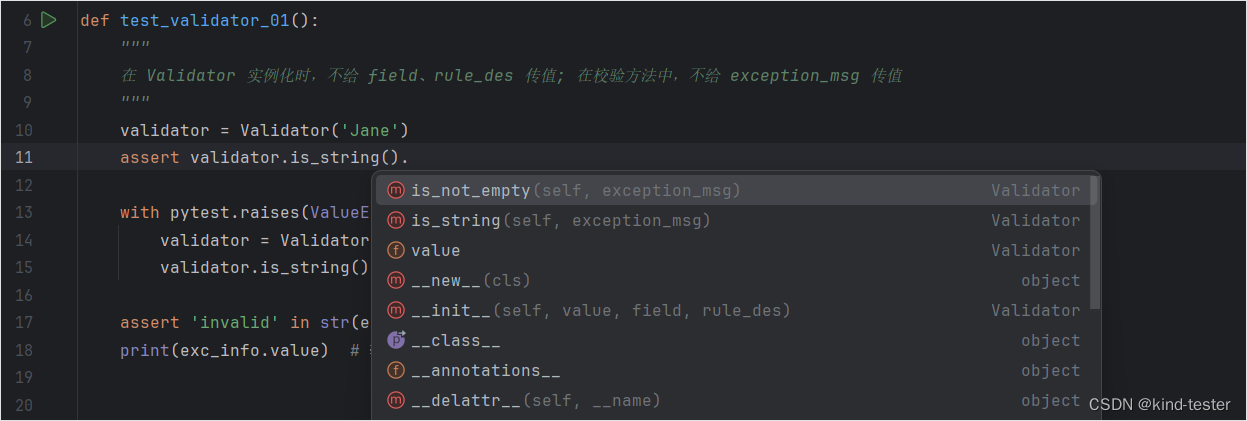
2、下节准备
- 基于
Validator类实现ParamValidator,用于校验函数参数
点击返回主目录


![[足式机器人]Part3 机构运动学与动力学分析与建模 Ch00-2(1) 质量刚体的在坐标系下运动](https://img-blog.csdnimg.cn/direct/45938a9a29244bb38d504704274ac055.png#pic_center)

